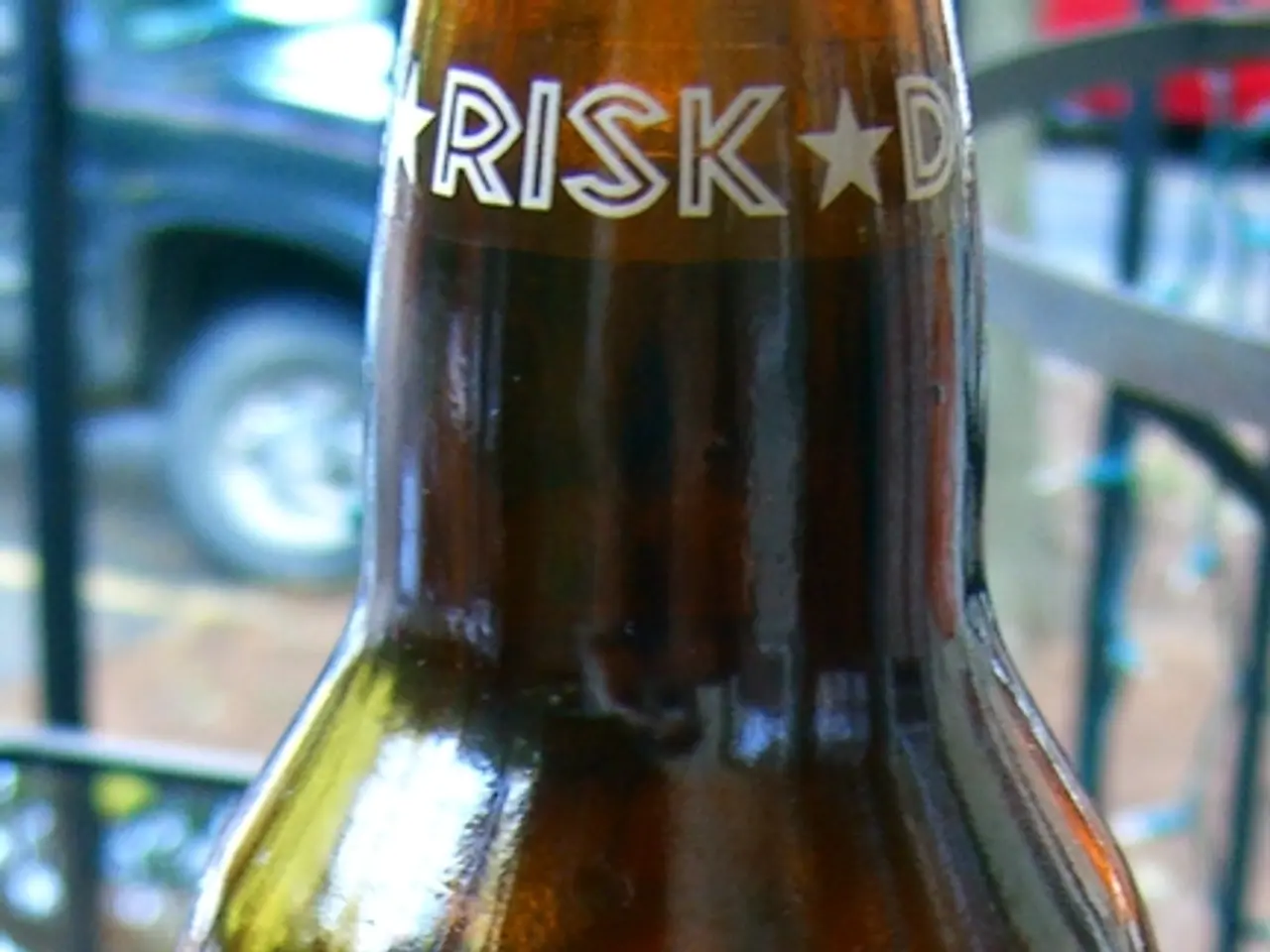Characteristics of Compulsive Behavior and Related Factors; Debunking Common Misconceptions
In the realm of mental health, addiction is a complex and multifaceted issue that affects millions worldwide. Contrary to the simplistic notion of an "addictive personality," addiction risk is influenced by a variety of factors, including psychological and emotional states, coping skills, childhood trauma, mental health disorders, genetics and family history, personality traits, stress and environmental pressures, self-esteem and body image issues, and more.
Emotional distress such as guilt, shame, depression, and anxiety can drive individuals towards substance use as a coping mechanism. Poor coping strategies increase vulnerability to addiction, as substances or behaviors become a way to manage overwhelming emotions. Early adverse experiences like abuse or neglect disrupt emotional regulation and brain development, raising addiction risk later in life.
Mental health disorders like depression, anxiety, PTSD, and bipolar disorder often co-occur with addiction and may both precede and result from substance use, creating a complex interplay that influences addiction vulnerability. A family history of mental health problems or addiction increases individual risk, indicating genetic and hereditary contributions.
Personality traits such as impulsivity, high neuroticism, and low conscientiousness have been linked to addiction, but recent research suggests their effects may vary by substance and context, and interact with stressors. For instance, pandemic stress influences on nicotine dependence.
Chronic stress and environmental factors such as cultural or social pressures significantly contribute to developing addictive behaviors. Low self-esteem and dissatisfaction with body image can drive behavioral addictions like exercise addiction, often through maladaptive affect regulation.
Living in a community with high levels of poverty is a risk factor for addiction. Forms of oppression, such as racism, can deprive communities of things that protect against addiction and overdose. Epigenetics may determine 40-60% of a person's addiction risk.
It's essential to note that addiction is not predetermined; a person's behavior and its impact on their life is the only indicator. Anyone who has an addiction or is worried they might should speak with a mental health professional for assessment and advice.
Signs of addiction include using a substance or activity to escape or numb emotions, centering free time around the behavior, needing to increase the behavior or substance dosage, tolerating negative consequences, engaging in dangerous behavior, experiencing withdrawal symptoms, and having addictions to substances like alcohol, nicotine, recreational drugs, prescription drugs, gambling, shopping, or sex.
Recovery from addiction is possible with support and treatment. Both addiction and compulsion are treatable illnesses. Help is available from organizations like the Substance Abuse and Mental Health Services Administration (SAMHSA) and the 988 Suicide & Crisis Lifeline. Rejection by family members due to sexuality or gender identity can be a risk factor for high-risk substance use among teens in the LGBTQIA+ community.
While opioid use has become more common across all racial and ethnic groups, white people are much more likely to receive treatment. No major health organization recognizes addictive personality as a medical diagnosis. Compulsions and addictions might look similar, but addictions typically give people some form of reward, while compulsions are performed to relieve fear.
In a 2021 study, an insecure attachment style was common among participants. The concept of addictive personalities comes from the idea that some people develop addictions due to their character. However, it's crucial to approach addiction with compassion and understanding, recognizing the complex interplay of genetic, psychological, environmental, and social factors that contribute to its development. Effective understanding and treatment must consider these diverse contributors.
- Mental health disorders such as OCD (Obsessive Compulsive Disorder) might co-occur with addiction, creating a complex interplay that influences addiction vulnerability, as stated in the realm of health-and-wellness and mental health.
- Science has revealed that personality traits like addiction (in its traditional sense) are not necessarily predeterminers of addictive behaviors; instead, factors such as a family history of mental health problems or addiction, impulsivity, high neuroticism, and low conscientiousness have been linked to addiction, but their effects may vary by substance and context, and interact with stressors, as explained in the context of science and the complex nature of addiction.




